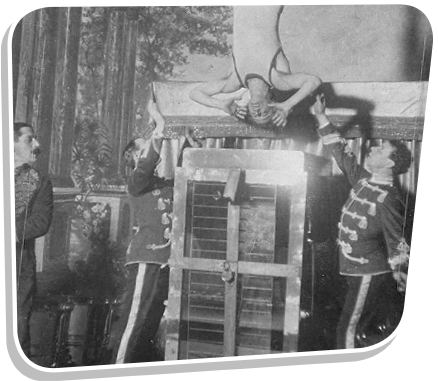COPYRIGHT IN PERFORMING ARTS


Performing arts:
- For the author of a work copyright emerges immediately and parallel with its creation. The director, playwright, set designer, composer, costume designer, choreographer, authors of lyrics and sound design.
- The copyright always belongs to an individual and not a group or a company.
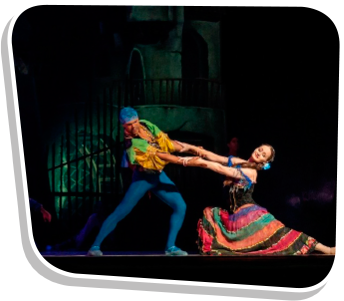
© related rights:
- of performer – performers and their interpretations are protected by related rights, similar to the copyright. They are granted to actors, dancers, musicians, singers, sound designers, audio book readers and DJs.
- of assignee – when the author has transferred rights of use, public performance or dissemination to a person or a company.
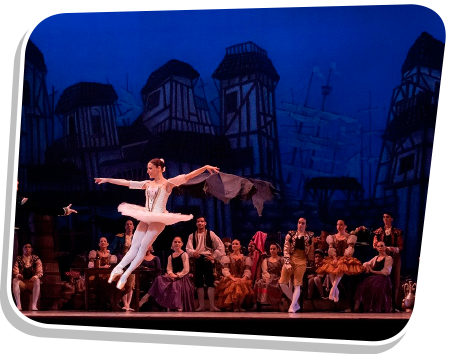

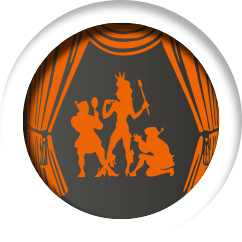
Types of performing arts:
- Theatre,
- Opera and musical,
- Dance,
- Pantomime,
- Magic
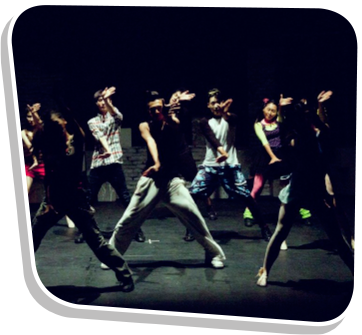
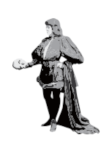


Theatre
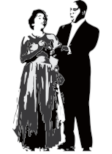


Opera and musical
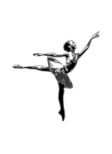


Dance
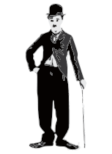


Pantomime
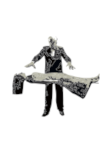


Magic
Christmas Carrol, Charles Dickens
Christmas Carrol is in the public domain and has a record-high number of adaptations for theatre, opera and ballet stage, for the cinema, television, radio, cartoon versions, parodies and video games. If, however, you wish to perform David Edgar’s adaptation, you must pay him royalties for it.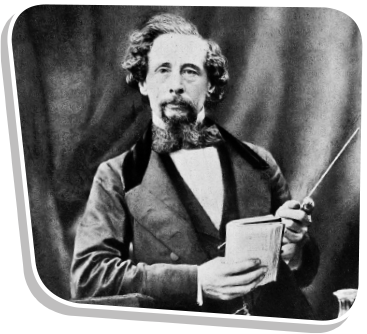

Phantom of the Opera
Does Andrew Lloyd Weber get a royalty when the musical and opera theatres perform The Phantom of the Opera? You bet! Most musical composers enjoy the so-called “grand copyright” for each performance of their works.In the case of Weber that is extremely profitable because not only “The Phantom” but also Cats, Jesus Christ Superstar and Evita have been performed for decades worldwide.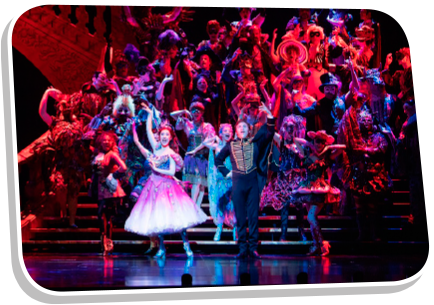

The moonwalk
The famous “moonwalk”, attributed to Michael Jackson, was for the first time performed by Cab Calloway in 1930. Before Michael Jackson it was used by Bill Bailey in step dance, by Marcel Marceau in pantomime and by a series of other artists. Yet, no one has claimed choreographic authorship. It cannot be protected because it was defined as “social dance step”.

Chinese water torture cell
Magic tricks are not copyrightable by themselves. The legendary Harry Houdini however performs his notable “Chinese water torture cell” trick on stage, makes a video recording of the performance and manages to get copyright protection. True to his reputation, he obviously discovered the legal trick as well!